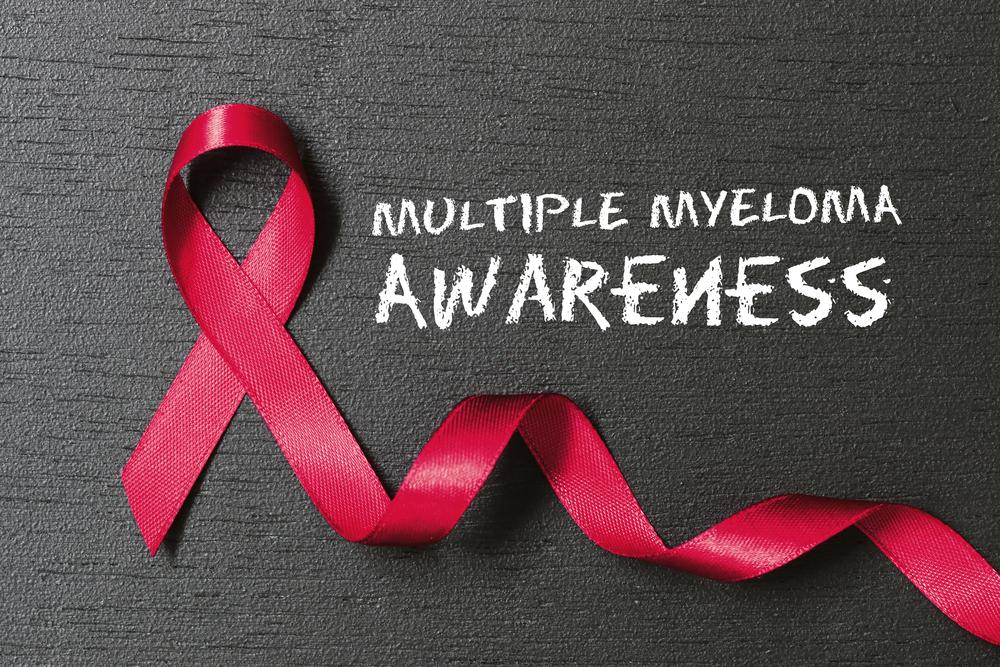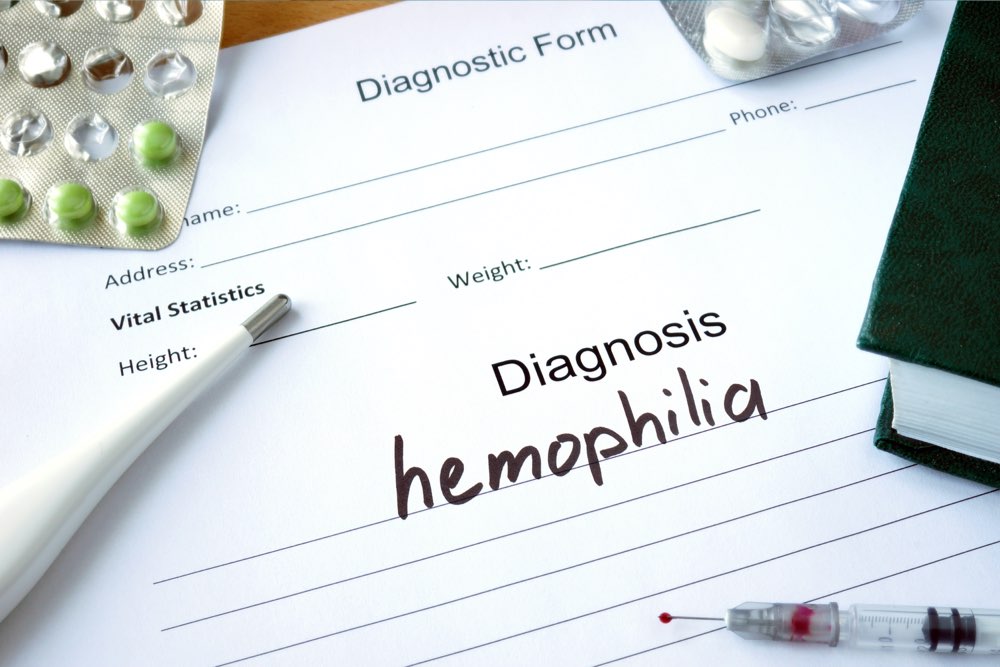Comprehensive Approaches to Managing Multiple Myeloma Symptoms for Improved Quality of Life
This detailed guide explores effective management strategies for multiple myeloma symptoms, emphasizing nutritional support, lifestyle adjustments, and complementary therapies. By incorporating iron-rich foods, enhancing dietary fiber, and exploring alternative treatments, patients can improve their quality of life. The article also highlights the importance of balancing medical procedures with holistic approaches for better disease control and symptom relief.

Comprehensive Approaches to Managing Multiple Myeloma Symptoms for Improved Quality of Life
Multiple myeloma, a complex and often challenging blood cancer, impacts plasma cells within the bone marrow and presents a variety of symptoms that can significantly affect an individual's daily life. According to data from the American Cancer Society, more than 30,000 new cases are diagnosed every year in the United States alone. While current medical treatments focus on controlling disease progression, symptom management plays a critical role in enhancing patient comfort, reducing complications, and improving overall quality of life. This comprehensive guide discusses effective strategies, nutritional considerations, and complementary therapies to help manage multiple myeloma symptoms effectively.
Understanding the nature of multiple myeloma is essential. Malignant plasma cells in this disease can lead to a series of health issues, including anemia, increased susceptibility to infections, bone destruction, and fractures. These complicating factors necessitate a multi-faceted approach to treatment and symptom control. Standard medical interventions typically involve chemotherapy, targeted therapies, radiation, bisphosphonates, surgical procedures when necessary, and stem cell transplants. However, patients can also benefit from lifestyle modifications, nutritional support, and complementary therapies to alleviate symptoms and potentially slow disease progression.
While no diet has been proven to cure multiple myeloma, maintaining a balanced and nutritious diet can play a pivotal role in managing symptoms, preventing complications, and enhancing overall health. Dietetic strategies should focus on supporting immune function, combating anemia, promoting bone health, and maintaining energy levels, all of which are vital for those living with this disease. Integrating specific nutrients and vitamins into daily meals may help reduce the risk of treatment-related side effects, such as kidney issues and infections, and can also contribute to a better quality of life.
Enhancing Iron Intake to Combat Anemia
Anemia is a common challenge for multiple myeloma patients, primarily due to the impact of malignant plasma cells on red blood cell production. To address this, increasing dietary iron intake is essential. Iron is a critical mineral necessary for hemoglobin synthesis, which transports oxygen in the blood. Low iron levels can result in symptoms like fatigue, dizziness, and weakness, significantly impairing daily functioning. Incorporating iron-rich foods into your diet can help mitigate these symptoms and improve overall energy levels.
Some of the best iron sources include:
Raisins – easy to add to cereals, salads, or eat as snacks
Lean red meats such as beef and lamb – excellent for quick iron absorption
Bell peppers and leafy greens like kale and spinach
Sweet potatoes, which offer both iron and other vital nutrients
Cruciferous vegetables including broccoli and Brussels sprouts
Exotic fruits like mango, pineapple, papaya, and guava for a boost of antioxidants and vitamins
Enhancing folate intake is also beneficial in supporting the production of healthy blood cells. Foods rich in folate include:
Asparagus – a versatile vegetable packed with essential nutrients
Black-eyed peas and lentils – rich plant-based sources of folate and fiber
Beef liver and other organ meats
Dark leafy greens such as spinach and broccoli
Vitamin B12 is another crucial nutrient for red blood cell formation. Deficiencies can worsen anemia, leading to further fatigue and weakness. Excellent sources of vitamin B12 include:
Liver and beef
Clams, fish, eggs, and poultry
Dairy products and fortified cereals
Nutritional yeast and fortified plant-based milks like soy and almond milk
Vitamin D also plays a vital role in supporting bone health. Sunlight exposure helps the body produce vitamin D naturally, but dietary sources are equally important. Foods rich in vitamin D include:
Fortified orange juices, milk, and yogurt
Egg yolks
Salmons, sardines, and tuna – fatty fish that provide convenient sources of vitamin D and omega-3 fatty acids
Supporting Digestive Health with Dietary Fiber
Some treatments for multiple myeloma, such as chemotherapy and certain medications, may cause gastrointestinal side effects like constipation. To alleviate this, increasing dietary fiber intake is recommended, as fiber promotes healthy digestion and regular bowel movements. Pairing high-fiber foods with adequate water intake ensures optimal benefits.
Fiber-rich foods include:
Whole grains like brown rice, oats, and whole wheat bread
Dried fruits such as figs, prunes, and apricots
Fresh fruits like apples, oranges, and pears
Nuts, lentils, beans, and berries
Vegetables including carrots, artichokes, and broccoli
Exploring Complementary and Alternative Therapies
In addition to conventional treatments, some patients find relief through complementary therapies. Curcumin, a bioactive compound found in turmeric, has shown promise in preliminary studies for its potential to enhance the efficacy of chemotherapy and reduce drug resistance. While research is ongoing, these natural remedies might provide additional support in managing symptoms and improving treatment outcomes. Other supportive therapies, such as massage, acupressure, yoga, and acupuncture, can help reduce pain, improve mobility, and alleviate stress.
It is essential for patients to consult their healthcare providers before starting any new supplement or therapy, as interactions with medications need to be carefully managed. A comprehensive approach combining medical treatment, supportive care, nutrition, and holistic therapies can make a significant difference in the lives of those battling multiple myeloma.





